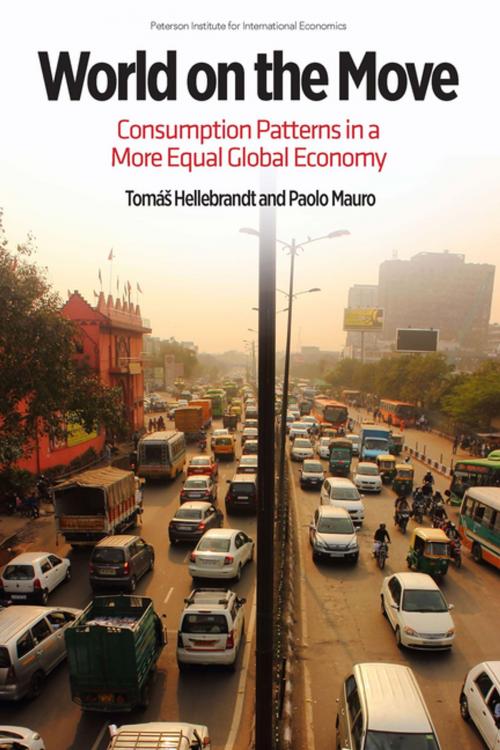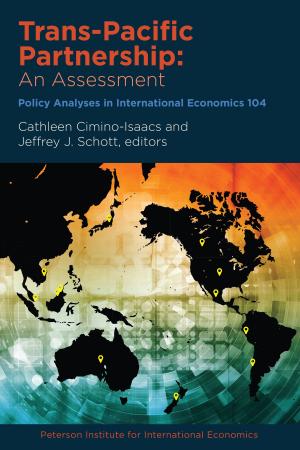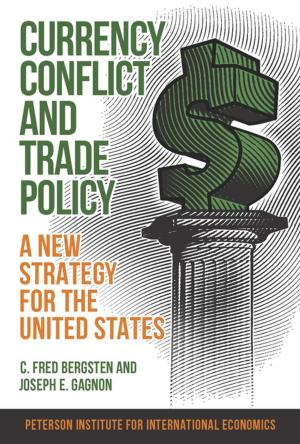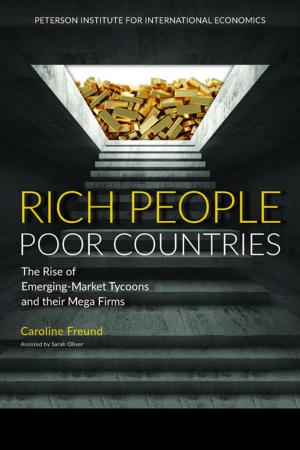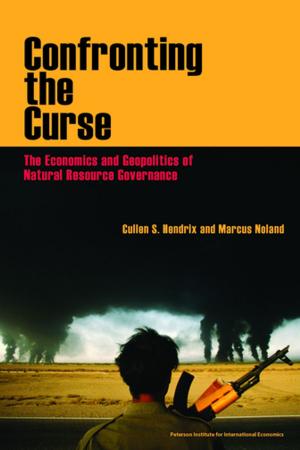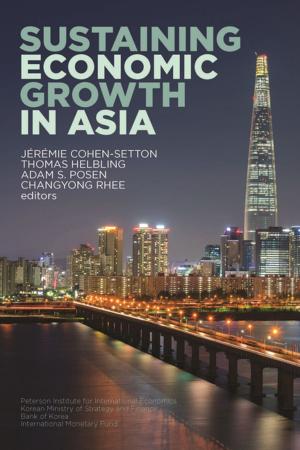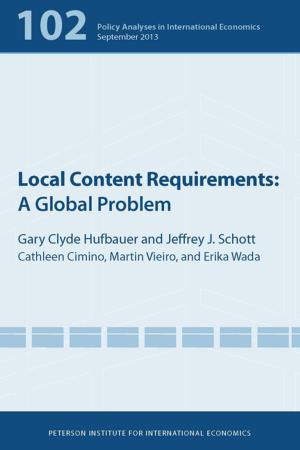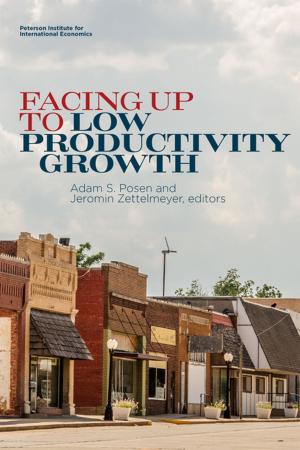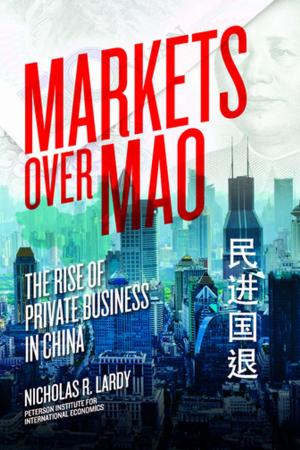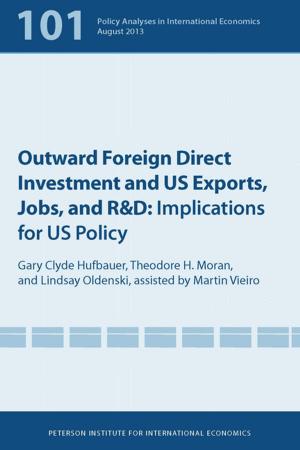World on the Move
Consumption Patterns in a More Equal Global Economy
Business & Finance, Economics, Comparative Economics, International Economics, Marketing & Sales, Consumer Behaviour| Author: | Tomas Hellebrandt, Paolo Mauro | ISBN: | 9780881327175 |
| Publisher: | Peterson Institute for International Economics | Publication: | December 27, 2016 |
| Imprint: | Peterson Institute for International Economics | Language: | English |
| Author: | Tomas Hellebrandt, Paolo Mauro |
| ISBN: | 9780881327175 |
| Publisher: | Peterson Institute for International Economics |
| Publication: | December 27, 2016 |
| Imprint: | Peterson Institute for International Economics |
| Language: | English |
The world is poised on the threshold of economic changes that will reduce the income gap between the rich and poor on a global scale while reshaping patterns of consumption. Rapid economic growth in emerging-market economies is projected to enable consumers worldwide to spend proportionately less on food and more on transportation, goods, and services, which will in turn strain the global infrastructure and accelerate climate change. The largest gains will be made in poorer parts of the world, chiefly sub-Saharan Africa and India, followed by China and the advanced economies. In this new study, Tomas Hellebrandt and Paolo Mauro detail how this important moment in world history will unfold and serve as a warning to policymakers to prepare for the profound effects on the world economy and the planet.
The world is poised on the threshold of economic changes that will reduce the income gap between the rich and poor on a global scale while reshaping patterns of consumption. Rapid economic growth in emerging-market economies is projected to enable consumers worldwide to spend proportionately less on food and more on transportation, goods, and services, which will in turn strain the global infrastructure and accelerate climate change. The largest gains will be made in poorer parts of the world, chiefly sub-Saharan Africa and India, followed by China and the advanced economies. In this new study, Tomas Hellebrandt and Paolo Mauro detail how this important moment in world history will unfold and serve as a warning to policymakers to prepare for the profound effects on the world economy and the planet.
